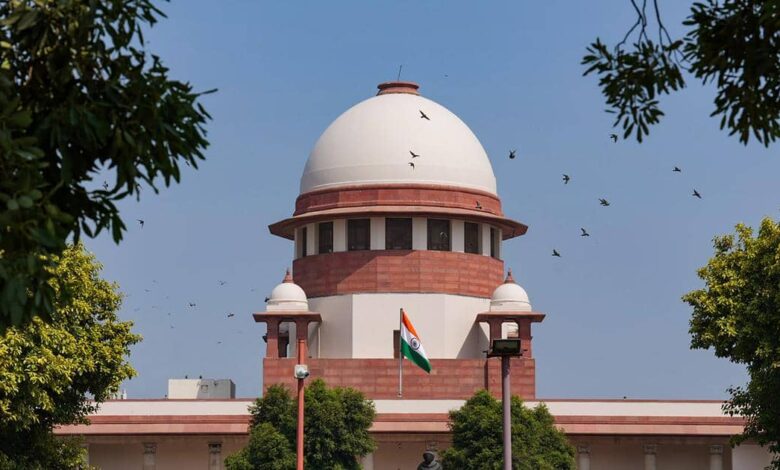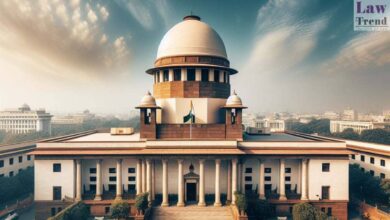
The Supreme Court expressed its anger on Tuesday at the “inadequate” response by the governments of Punjab and Haryana to the menace of stubble burning, a major component of increasing air pollution in Delhi and surrounding areas during winter months.
During a hearing on Wednesday, the apex court pointed out that the incidents of stubble burning in both states have increased manifold-three-fold, labeling it an “absolute defiance” of the Commission for Air Quality Management directives.
The court summoned the Haryana Chief Secretary on October 23 while hard-hitting its serious feelings against the toothless wonder that the central government’s air pollution oversight panel had turned out to be for non-compliance.
“We find that the affidavit filed by Haryana shows very large-scale non-compliance. We order the Commission to initiate penal action against state officers under Section 14. Chief Secretary Mr. Prasad shall remain present in person on the next Wednesday. The Commission shall report on coercive measures taken against state officials. Chief Secretary is responsible for non-compliance and not taking stringent measures against offenders,” Justice AS Oka said.
The Supreme Court conducted a hearing regarding the non-implementation of the directions laid down by the Commission for Air Quality Management in the National Capital Region regarding the practice of stubble burning.
Delhi’s capital city and surroundings already face severe pollution with each passing Diwali and throughout winter. Experts say it is an ecological disaster created by the toxic combination of smoke from Punjab and Haryana’s paddy fields, mixed with local pollutants like vehicular emissions and dust. Geographical and climatic factors further add that slow surface-level winds and the dropping winter temperature increase the agony.
However, this continuing pollution has been compounded by administrative inertia, especially on the part of the governments of Haryana and Punjab, whose failure to check the continuing problem of burning crop residue remains critical.



